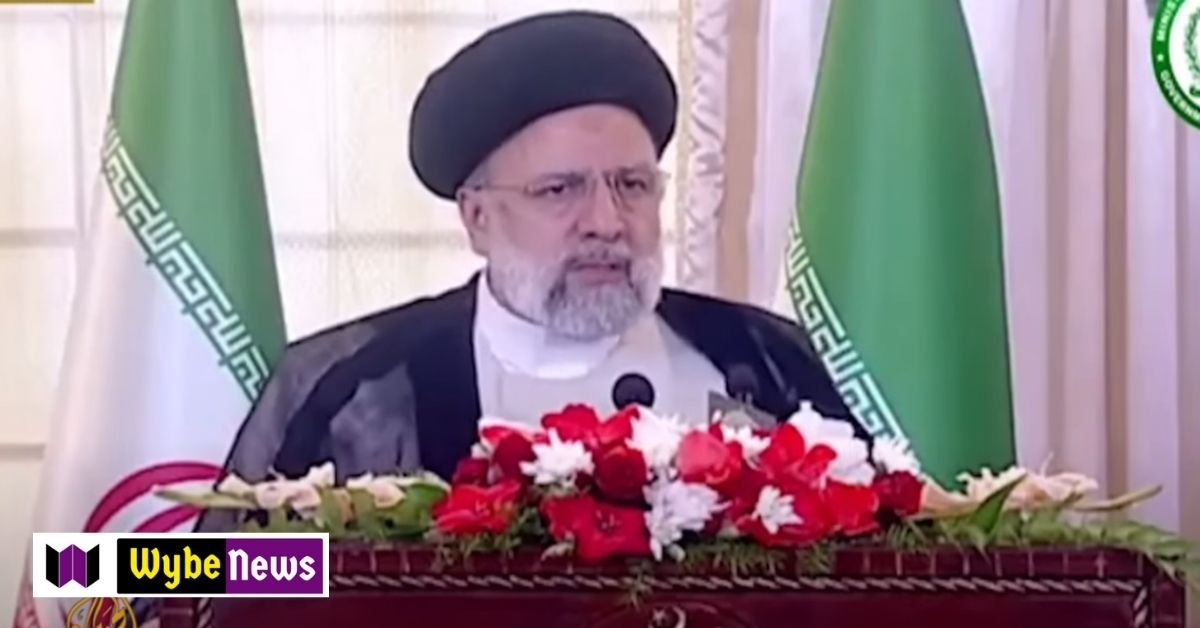US Warns Pakistan about Potential Risks of Sanctions

The US Warns Pakistan about Potential Risks of Sanctions
In a recent development, the United States has issued a stark warning to Pakistan regarding the potential risks of sanctions after its recent agreements with Iran. The caution comes at a time when President Ebrahim Raisi of Iran visited Islamabad, and Pakistan seeks to deepen its security and economic ties with Tehran. The US State Department has expressed concerns about proliferation networks and weapons of mass destruction, urging caution in engaging in business with Iran.
During a press briefing, Vedant Patel, the US State Department Principal Deputy Spokesperson, emphasized the risks associated with conducting business deals with Iran. Patel stated, “We’re going to continue to disrupt and take actions against proliferation networks and concerning weapons of mass destruction procurement activities wherever they may occur…just let me say, broadly, we advise anyone considering business deals with Iran to be aware of the potential risk of sanctions. But ultimately, the government of Pakistan can speak to their own foreign policy pursuits.”
This warning from the US follows recent sanctions imposed on entities from China and Belarus, which were accused of supporting Pakistan’s ballistic missile program. Pakistan’s intentions to restart the construction of a gas pipeline from Iran, a longstanding project that has faced repeated postponements due to potential US sanctions, have also raised concerns.
Pakistan-Iran Bilateral Agreements
Pakistan is seeking to revive the gas pipeline project with Iran, despite the potential for US sanctions. Assistant Secretary of State Donald Lu affirmed in a congressional hearing that “the Biden administration will uphold all sanctions related to Iran” when questioned about the Pakistan-Iran pipeline. Although Pakistan intends to apply for a sanctions waiver for the project, it was not discussed during President Raisi’s recent visit to Pakistan.
During President Raisi’s visit, Pakistan and Iran signed eight bilateral agreements aimed at enhancing political, economic, trade, and cultural ties. These agreements cover various sectors, including veterinary and animal health, judicial support in civil cases, and security matters. President Raisi’s visit marks the first by an Iranian president to Islamabad in eight years.
The recent developments between Pakistan and Iran have attracted attention in international circles. Shaista Tabassum, a professor at the University of Karachi, stated, “The US will certainly not like Pakistan and Iran to come closer.” The signed agreements and discussions around increasing bilateral trade to approximately $10 billion in the next three to four years highlight the strategic importance of the relationship between the two nations.
Pakistan-Iran Relations and the Stalled Gas Pipeline Deal
Despite the recent agreements and efforts to strengthen ties, Pakistan and Iran have a history of rocky relations. Islamabad has historically been closer to Saudi Arabia and the United States. One of their highest-profile agreements, a gas supply deal signed in 2010 to construct a pipeline from Iran’s south Fars gas field to Pakistan’s southern provinces of Balochistan and Sindh, remains stalled. Pakistan, despite its dire need for gas, has not yet begun construction of its part of the pipeline, citing concerns about potential US sanctions.
In conclusion, the US has cautioned Pakistan about the potential risks of sanctions following its agreements with Iran. The warning highlights concerns about proliferation networks and weapons of mass destruction. Despite the recent bilateral agreements and discussions to enhance trade, Pakistan and Iran have a complex relationship, with Pakistan historically being closer to Saudi Arabia and the United States. The stalled gas pipeline deal remains a significant point of contention, with Pakistan citing fears of US sanctions. The evolving dynamics between Pakistan, Iran, and the United States will continue to shape their relationships and have implications for regional stability.






